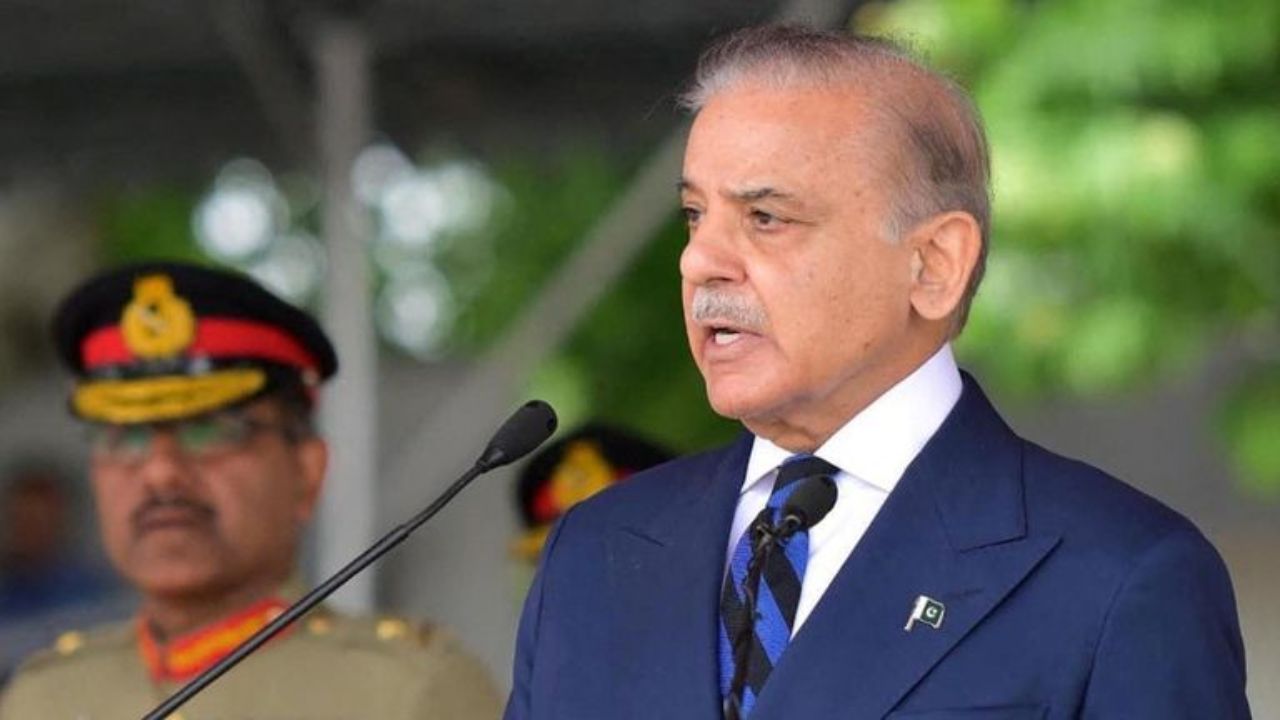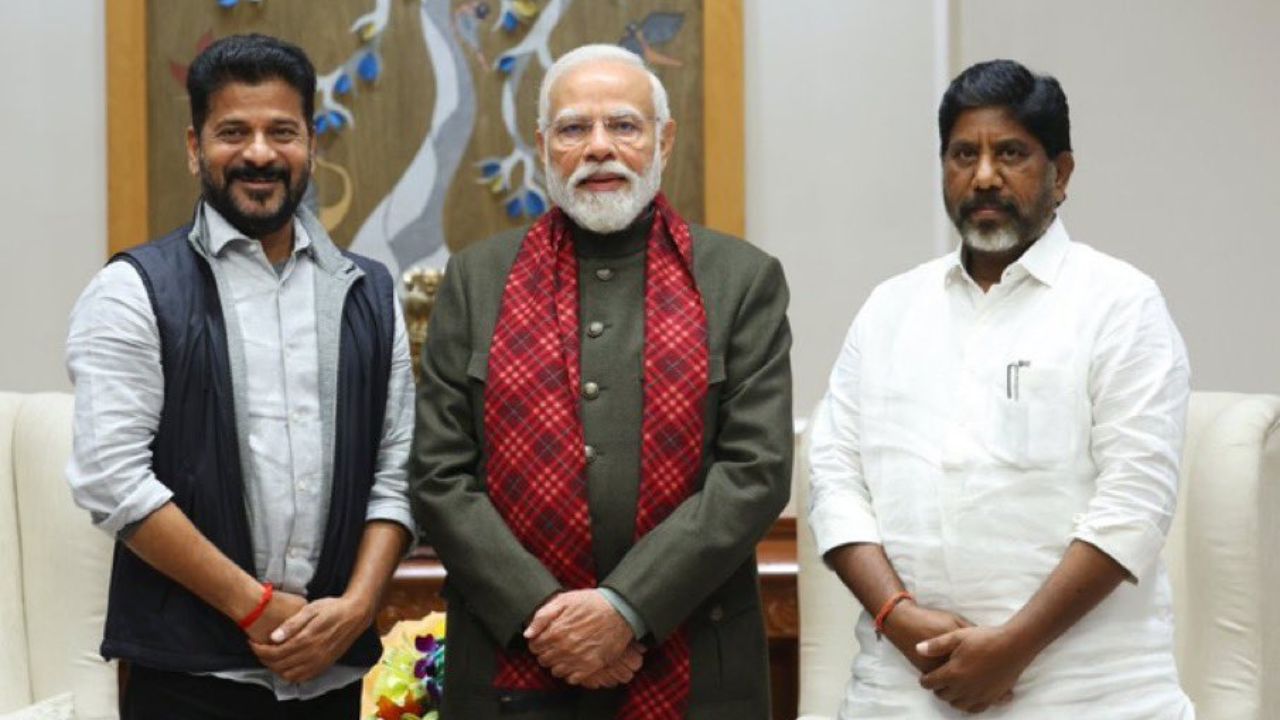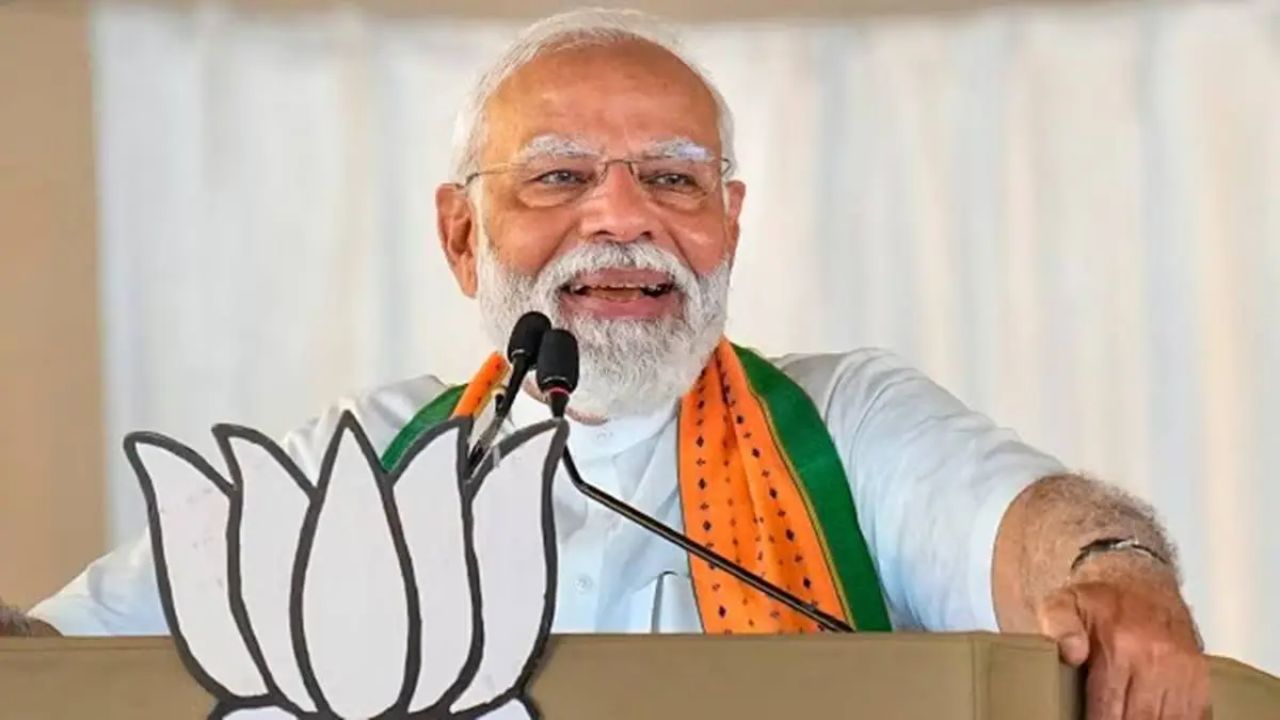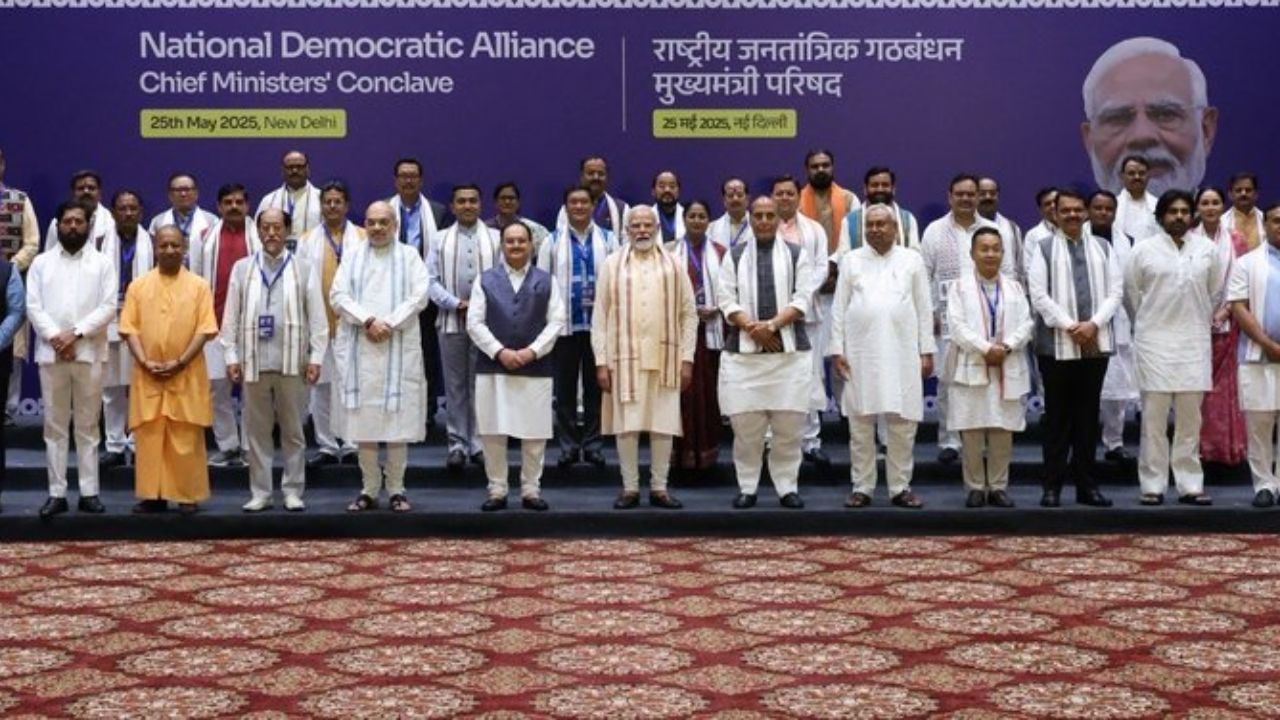Amit Shah Initiates Seed Research Centre at IFFCO Kalol Facility
Amit Shah Launches Seed Research Initiative at IFFCO Kalol, Calls It a Turning Point in Indian Agriculture Ahmedabad, Gujarat: In a significant push towards agricultural innovation and self-reliance, Union Home and Cooperation Minister Amit Shah on Saturday
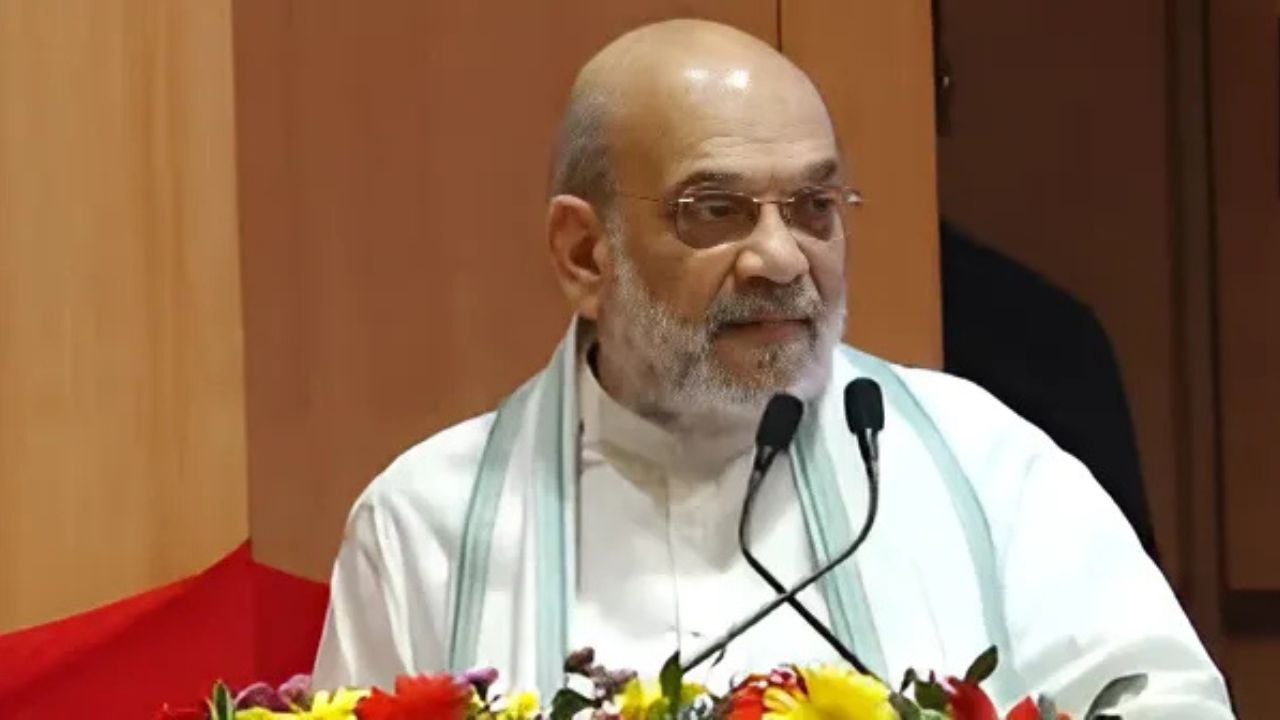
Amit Shah Launches Seed Research Initiative at IFFCO Kalol, Calls It a Turning Point in Indian Agriculture
Ahmedabad, Gujarat:
In a significant push towards agricultural innovation and self-reliance, Union Home and Cooperation Minister Amit Shah on Saturday laid the foundation stone for the Beej Anusandhan Kendra — a seed research centre that will drive advancements in crop productivity and sustainability. The centre is being set up at the Kalol unit of Indian Farmers Fertiliser Cooperative Limited (IFFCO), located in Gandhinagar, Gujarat.
Addressing a large gathering at the event, Shah praised IFFCO for its pioneering role in transforming India’s agriculture and cooperative sectors over the past five decades. “IFFCO has achieved what once seemed impossible — reversing the equation of fertilizer usage in India. What was once costly and inefficient is now affordable and high-performing, thanks to their continuous innovation,” Shah said.
He acknowledged IFFCO’s journey as a testament to the power of cooperative institutions, especially in a country where over 60% of the population is engaged in agriculture. The event also celebrated IFFCO’s 50-year milestone, showcasing its evolution from a national cooperative body to a global player in agricultural solutions.
Boosting Seed Innovation for Sustainable Farming
Highlighting the significance of the new Beej Anusandhan Kendra, Shah said the facility would play a pivotal role in developing high-quality, high-yield seeds while promoting water conservation and reducing reliance on chemical fertilizers.
“This seed research centre will be a catalyst for the next agricultural revolution. It will help farmers get better yield with less input and will reduce environmental strain. It’s not just about farming — it’s about future-proofing our food systems,” Shah added.
IFFCO’s Nano Fertilizer Success Goes Global
He lauded IFFCO’s research in nano-technology-based fertilizers, particularly Nano Urea and Nano DAP, which he said are now being adopted internationally. “These innovations are reducing our import dependency and positioning India as a leader in agri-tech exports,” he noted.
Strengthening the Cooperative Ecosystem
Shah also spoke about the broader vision of the Ministry of Cooperation under the leadership of PM Narendra Modi. He said the government has undertaken 62 key initiatives to modernize and digitalize the cooperative sector. One major reform is the establishment of Tribhuvan Sahkari University, named in honor of cooperative leader Tribhuvan Das Patel.
“This university will bring modern education to the cooperative movement — from grassroots PACS to apex institutions — and will drive transparency and efficiency using cutting-edge technologies like artificial intelligence,” Shah stated.
He emphasized the need to strengthen Primary Agricultural Credit Societies (PACS) and integrate cooperative dairies into the economic mainstream. “Computerisation, diversification, and linking cooperatives with value chains are the way forward,” he said.
IFFCO’s Scale and Impact
IFFCO today operates production units in Kandla, Kalol, Phulpur, Amla, and Paradip, spanning three states. With a production capacity of 9 million metric tons and sales of over 11 million metric tons, the organization posted a turnover of ₹40,000 crore last year, along with ₹3,200 crore in profit.
Shah concluded by reiterating the government’s commitment to empowering farmers, modernizing agriculture, and building a robust, technology-driven cooperative network that can fuel India’s growth in the decades ahead.


